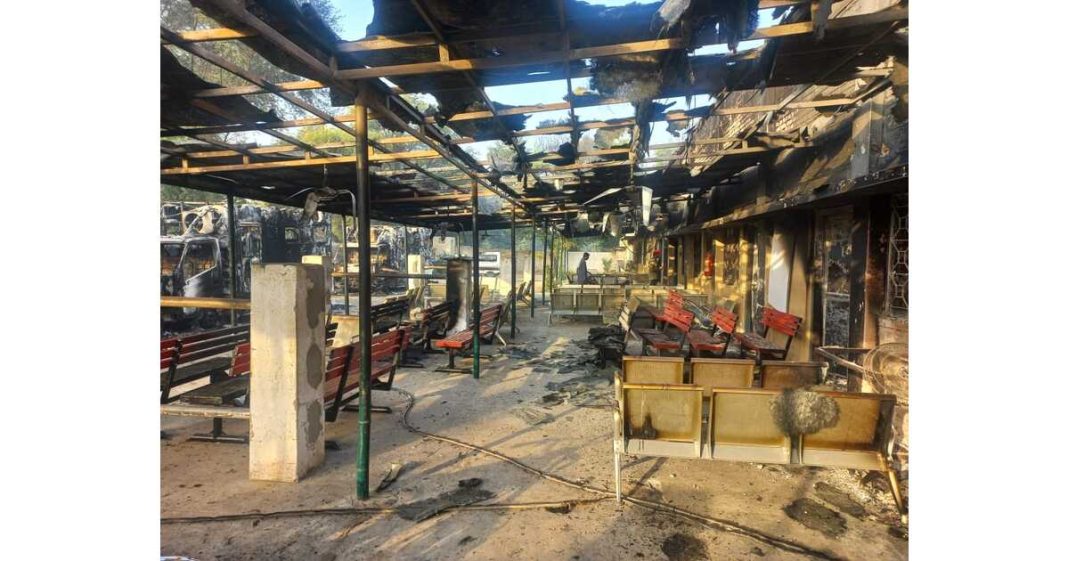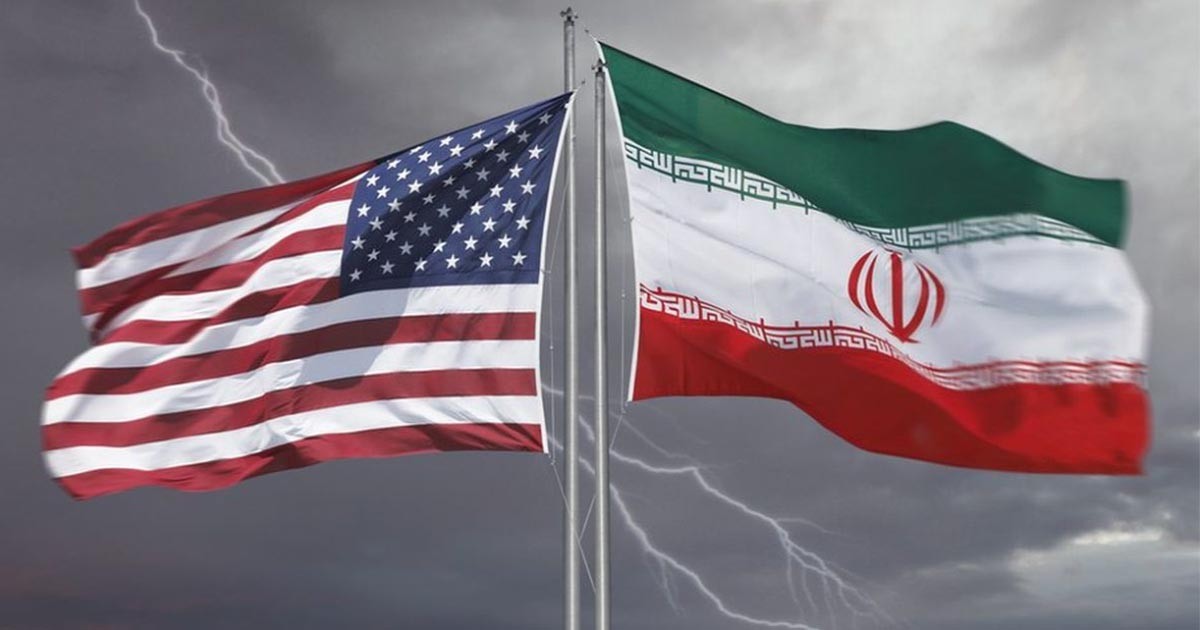Seven policemen were martyred and six militants were killed in a late-night attack on a police training center in Pakistan’s Khyber Pakhtunkhwa’s Dera Ismail Khan(DI Khan) province. Police said on Saturday, the attack came amid the rising insurgency in the border areas of Khyber Pakhtunkhwa with Afghanistan.
TTP’s Claim and Retraction
The attack came a day after reports of multiple overnight airstrikes across Afghanistan that reportedly eliminated the high-profile TTP commander Noor Wali Mehsood. The TTP initially claimed the assault on the police training center in Dera Ismail Khan, but later retracted.
In the earlier statement, TTP said a suicide bomber detonated an explosive-laden vehicle at the gate before other militants entered the facility. However, they later denied the statement. The spokesperson of Dehras Mail Khan police, Yaqub Khan, told the local media that the walls of the facility collapsed due to the impact of the blast, and two policemen were killed. The attack was followed by a fierce exchange of fire from both sides.
“A total of seven policemen were martyred and 13 others injured,” Khan said, adding all six militants were killed. “All 200 trainees and staff at the training center were safely evacuated.”
Pakistan’s Counterterrorism Drive
According to the local media, the attackers at body cams and live-streamed the parts of the attack. They called it a revenge for Pakistan’s strike on Afghanistan. Mohammad Imran Khan, Director General of Public Relations, Khyber Pakhtunkhwa, said that approximately 200 police recruits and officers were present at the training facility at the time of the attack; however, they were safely evacuated. During the operation, security forces recovered suicide vests, grenades, explosives, and other ammunition from the site.
In a press conference earlier in the day on Friday, DG ISPR Lt. Gen. Ahmed Sharif Chaudhry said that Pakistan’s security forces have conducted more than 10,000 intelligence-based operations in Khyber Pakhtunkhwa, eliminating nearly 1,000 militants.
The militant attacks on Pakistan security forces have intensified in the Khyber Pakhtunkhwa region in the last few months. There has been no break in the terrorist attacks despite repeated calls by Pakistan to the Afghan interim government of the Taliban to deter the militant groups using its soil to launch attacks on Pakistan’s security forces.
While both countries are exchanging explosive statements, there seems to be no end to the ongoing insurgency in Khyber Pakhtunkhwa in the near future.
Policy Divide Over Anti-Terror Strategy
However, there is an internal conflict within Pakistan between the security agencies, the federal government, and the provincial government of Khyber Pakhtunkhwa over how to address the growing militancy in the province. While the federal government favors continued military operations to curb insurgent activity, the Khyber Pakhtunkhwa government, led by Pakistan Tehreek-e-Insaf (PTI), advocates for dialogue and engagement with the Afghan interim government, local tribal leaders, and communities across the border to achieve long-term stability.
Read more: Afghanistan Warns Pakistan On PAF Strikes: ‘Learn from the Fate of the US, NATO, and Soviets
Own forces later recovered suicide vests, explosives, and ammunition from the terrorist attackers. All trainees and staff, around 200 individuals present at the training school, were safely evacuated, preventing a potential large-scale tragedy. pic.twitter.com/gBR9RIUwkw
— The STRATCOM Bureau (@OSPSF) October 11, 2025
Pakistan Army Spokesperson, Director-General, Inter-Services, Public Relations, Lt. Gen. Amit Sharif Chaudhry, in a presser on Friday said that dialogue is not the solution for every conflict and giving an impression and implying that the use of force and military operations are inevitable solutions to deal with this scourge of terrorism in Khyber Pakhtunkhwa.
Meanwhile, the provincial government has also expressed concerns about the collateral damage as a possible result of these military operations.
Lt. Gen. Sharif also believes that terrorism persists because the National Action Plan was never fully implemented and stressed that the revised plan, revision istaikam, must now be enforced in full.
With Additional Inputs from GVS South Asia Desk














